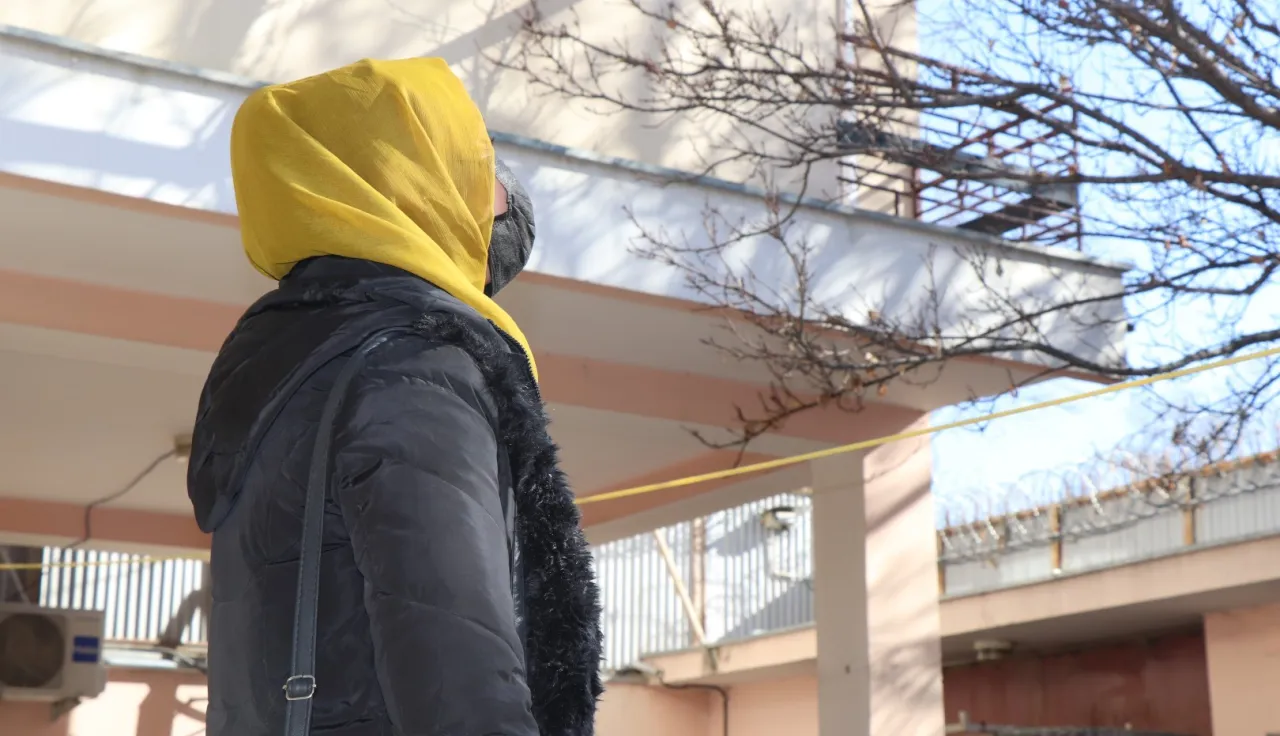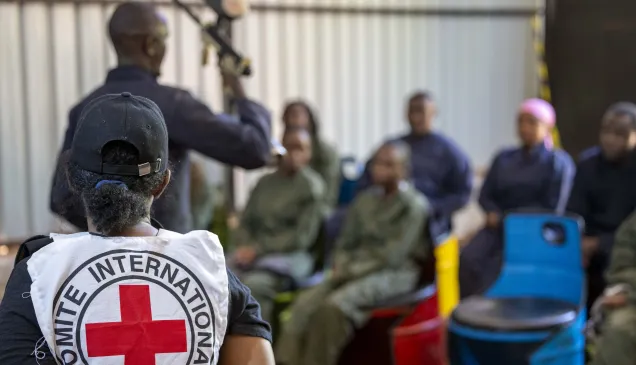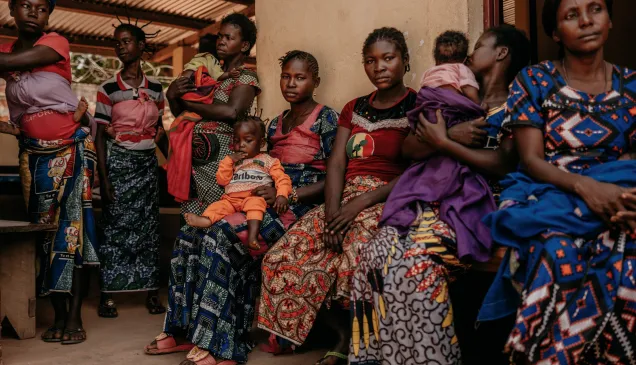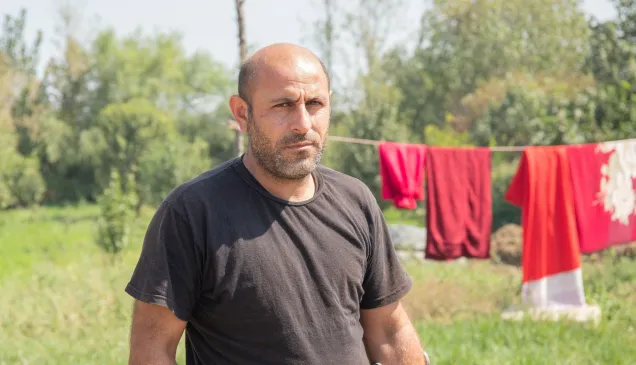Trace the Face ends long wait for two Afghan families

Marzia (name changed), from Ghazni Province in the Malistan district of Afghanistan, was nine years old when her family tried to flee the country. "My mother tried to take my siblings and me across the Iranian border to Turkey. Unfortunately, we couldn't make it to the other side as the border authorities got wind of our movements, and everyone who was trying to cross over had to run in different directions to escape getting caught," she says. In the chaos, her 12-year-old brother Mustafa got lost.
Daud Shah shares a similar story of when his 15-year-old son disappeared while migrating out of Afghanistan. "He had gone to Iran with his friends to make his way to the United Kingdom. We lost contact with them after they reached Iran," he says. The family's worries were heightened by news of migrants dying on their journey, drowning in the ocean or while crossing deserts and forests.
Like hundreds of families in Afghanistan, Marzia and Daud waited anxiously for news of their missing loved ones.
A long wait ends
Marzia and Daud's long search ended in October 2022 when they found their loved ones through the Trace the Face tool, which is part of the Restoring Family Links (RFL) programme of the International Red Cross and Red Crescent Movement.
Developed in 2013 by the International Committee of the Red Cross (ICRC) and several European National Red Cross Societies, Trace the Face helps people who have been separated from their loved ones, as a consequence of migration often caused by conflict, violence, and natural disaster. Through the tool, people who have lost contact with their loved ones can post pictures of themselves in order for their relatives to identify them. When this happens, the ICRC initiates the reconnection process.
Wahidullah Asrar, who has been working with the ICRC's Restoring Family Links programme for ten years, directed Marzia and her sister to Trace the Face when they contacted him for help to locate their brother. "Marzia looked at every image in the database and eventually spotted her brother's photo. She was incredibly happy to find him after six years," shares Asrar. He then helped Marzia reconnect with her brother, who was in Sweden. "I will never forget the agony of losing contact with my brother and the happiness of finding him again," says Marzia.
Daud, on the other hand, contacted the Afghan Red Crescent Society for help in tracing his son and was referred to the ICRC. At the ICRC's office in Kabul, the family searched for the boy's photo in the database. His eyes well up with tears as he adds, "I returned home and waited for a call from my son or an employee of the ICRC. When we finally got the call from my son, we were all at home. It was like Eid for us. He had been in Germany."
Asrar, too, rejoiced along with the two families. "These cases were both resolved end of October 2022. We feel delighted when we finally put a family back in touch with their loved ones," says Asrar.

Daud Shah shares his story with an ICRC staff member. (PHOTO: Waseem Mohammadi)
A long journey ahead
Thousands of families around the world are separated every day because of conflict, disaster or migration. They sometimes spend years tracking down missing loved ones, often enduring periods of anguish waiting for updates about their whereabouts.
The ICRC and National Red Cross and Red Crescent Societies work together around the world to locate people and put them back into contact with their loved ones. This includes looking for missing people, restoring contact between separated family members, reuniting families and seeking to clarify the fate of those who remain missing.
There are currently 4,034 photos uploaded on the Trace the Face website, which includes 1,789 pictures of Afghans who are looking for their missing family members. Many families are separated along the migratory route and do not know how to get in contact again.
If you are trying to find a missing relative, visit our website.



